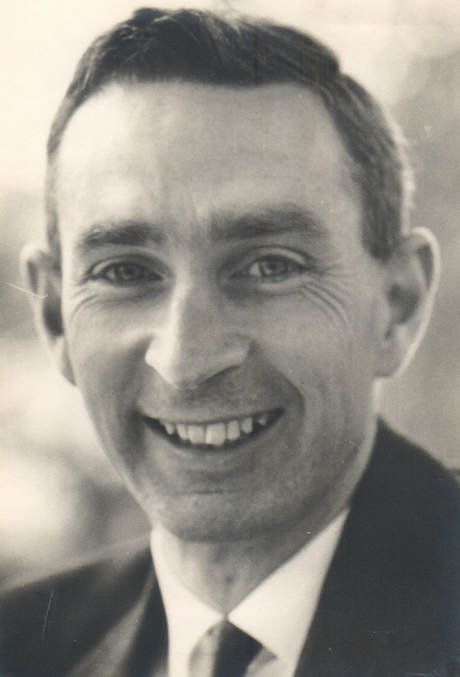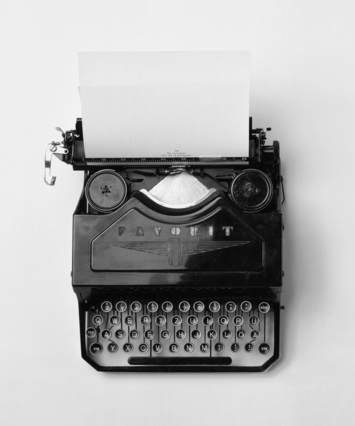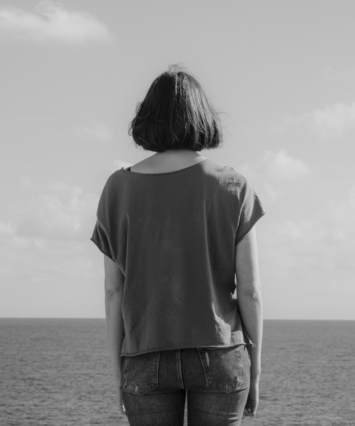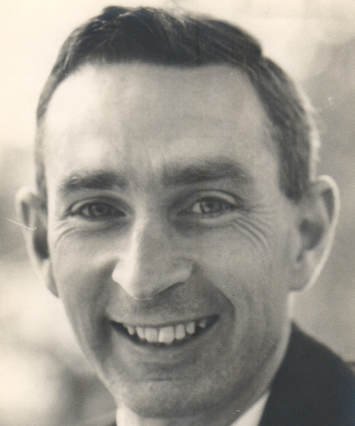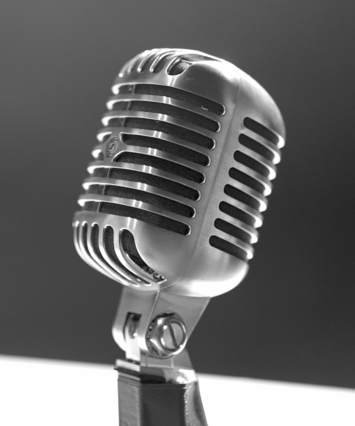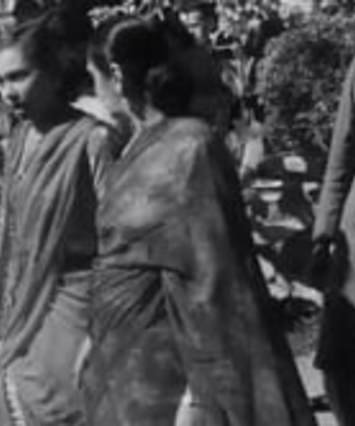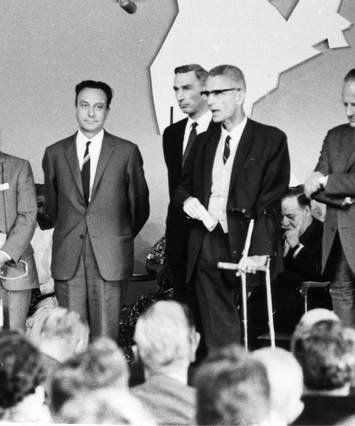Geoffrey Clendon Daukes (1924–1990) was born in London, UK, the third son of Lady Dorothy and Sir Clendon T Daukes’—a member of the Indian Political Service, who was British envoy to the Court of Nepal (1934-1935).
Geoffrey described his initial encounter with MRA (now IofC) thus, “the point of my story is that anyone who cleans up his own life can very soon have a part in straightening out nations. And when I was a rascal, the age of some of you, [in my] last year of school…I met this idea. One of the masters at our school— Chaplain George Snow, later Bishop of Whitby—had found this idea and he apologised in one of our classes for his very sarcastic, biting tongue, and we were all absolutely thrilled by this, and two of my friends, who had more courage than I had, went up to him afterwards and thanked him, and he said, ‘If you want to know more come to my house and I will tell you.’” (Transcribed from recording by Harding at Tirley Garth, 21st July 1979)
Prior to the end of WWII, Geoffrey undertook officer training for the Coldstream Guards. During training he sustained an injury, which left him with one arm shorter than the other. His Commanding Officer suggested that, as the war was almost over, he leave the army and go to university. Consequently, Geoffrey went up to Oxford as a scholar to Trinity College where he read modern languages.
Whilst preparing to enter the Foreign Office he decided to take up his life’s calling. Encouraged by Chancellor Adenauer and Maj. General Bishop (British Commissioner for North Rhine, Westphalia) a ‘task force’ of some 260 went to Germany in 1948. Geoffrey used his skills as an interpreter and then stayed on in Germany with a small group; living in coal miners’ homes in tough conditions, and without pay. The only worker he had met previously was his family’s chauffeur-gardener!
A letter from four German couples, colleagues during this period, sent to Geoffrey and other friends, read in part “you helped turn desperation and resignation into faith and active responsibility. You built friendships personally and in national dimensions. You helped to lay a foundation of confidence in a democratic way of organising society and international relations…The process of freedom and unification only became possible because of the broad foundation that had been laid before. We think of gratitude of the vital contribution you made and for your comradeship”.
His work as a full-time, unsalaried volunteer with Moral Re-Armament (MRA) took Geoffrey to the United States, Vietnam, Japan, the Philippines, Australia, Sri Lanka, Bangladesh, Zimbabwe, South Africa, Latin America and much of Europe. He spent 10 years in India, particularly in the cities of Kolkata, Jamshedpur and Pune. The author Rajmohan Gandhi, grandson of the Mahatma & C. Rajagopalachari, described Geoffrey in India ‘indefatigable, persistent, hardship-enduring, never-giving-up Geoffrey. He chose to live in the homes of countless people in different parts of India whose lives were touched by him’.
In the 1950s when Frank Buchman was invited to India and Pakistan, Geoffrey formed part of the 200 strong team from 25 countries. He accompanied and translated for Max Bladeck and Paul Kurowski, two veteran German former-Communist miners’ leaders from the Ruhr, and their wives. Day after day they spoke to hundreds of trade unionists across the sub-continent. At the end of the 7-month tour, Geoffrey responded when Buchman asked for volunteers to stay on to follow-up. David Young wrote of this period, ‘It was hard going in those early days, little money, no centres, staying in homes as invited. Often it was pretty unspectacular, not always much to show. But it laid the foundation of a work that God had carried forward…a monument to the commitment of people like Geoffrey.’ Gordon Wise said, ‘He and I spent a year together working in the teeming city of Calcutta. Geoffrey surmounted the many physical difficulties with remarkable aplomb. He was a man who never forgot a friendship…among his closest friends at the time were labour leaders whom he used to visit in their homes, which caused a stir in the neighbourhood.’
A Swedish theatre producer wrote, ‘Geoffrey personified the real gentleman, straight in body and spirit, clear in intent and action, constant in friendship…considerate and tactful in his service of God and of others’. While some, including his wife and daughter, might have queried his tact the descriptions of him as ‘selfless’ and ‘professional’ rang true.
The unification of Germany and the opening up of Eastern Europe after the fall of the Berlin wall in 1989 was a fulfilment of his early years. He and his wife, Fiona, travelled in Poland in 1990 and he only stopped adding Polish to his considerable store of languages in the weeks leading up to his death.
Geoffrey was a keen sportsman—who played tennis and squash, rode his bicycle and drove at pace—recalling one of his mountain climbing adventures that could have ended in mishap, David Young said, ‘That typified Geoffrey for me. He would catch a vision and a goal and go for it all out, never giving in while he had breath.’
Died: Croydon, 6 December 1990. Survived by his wife Fiona (nee Pugh) and his daughter Jacqueline.

